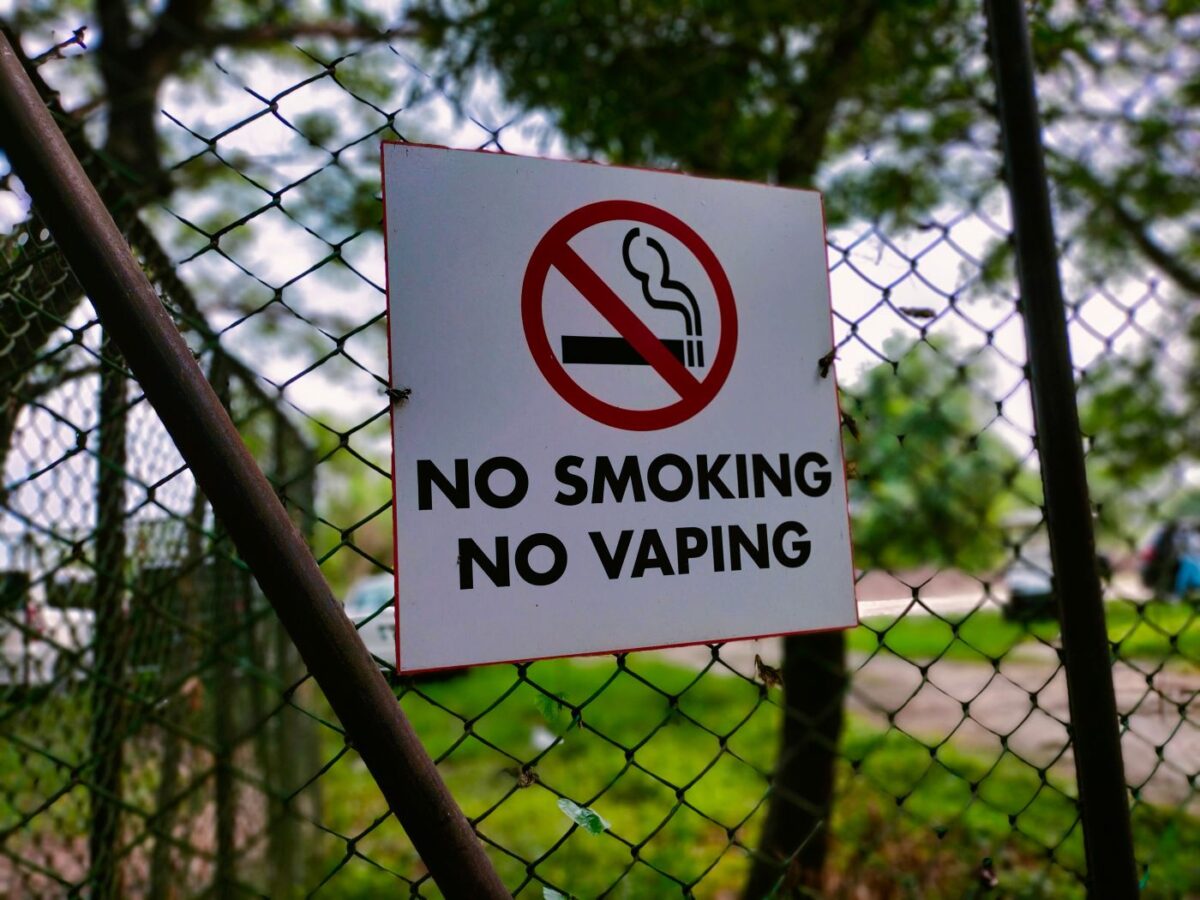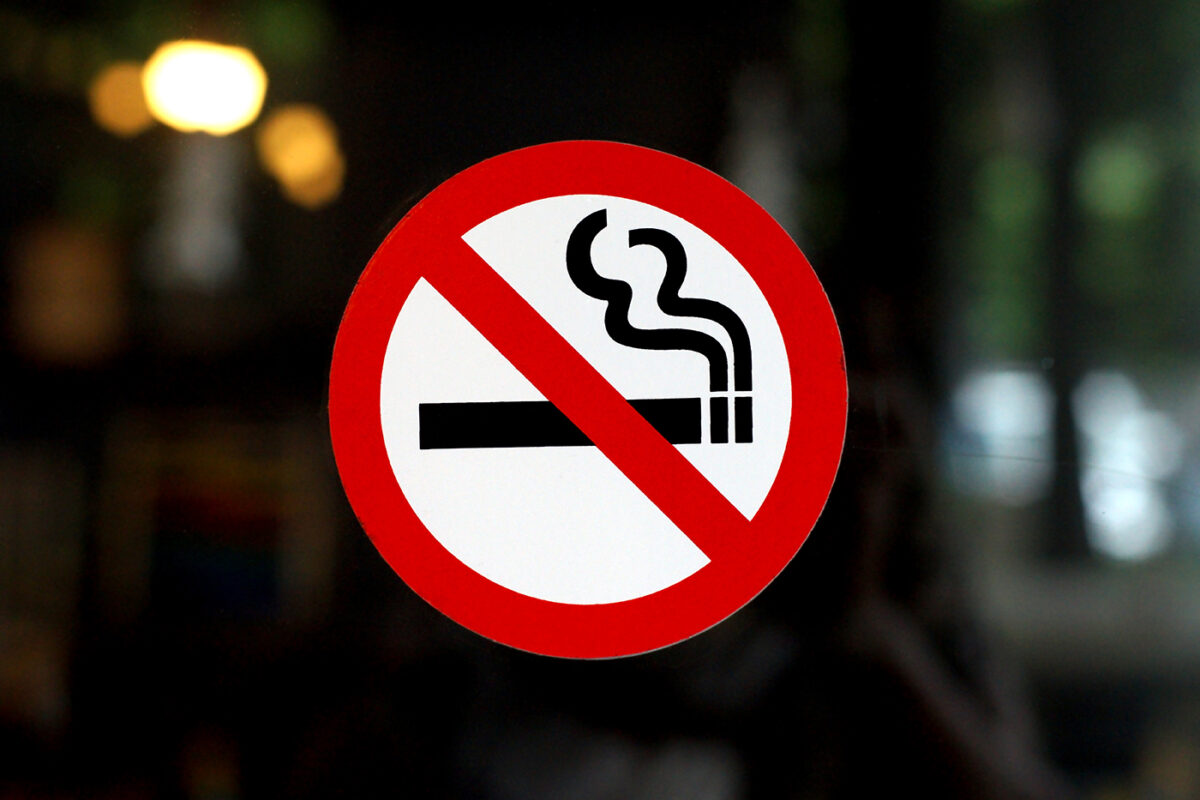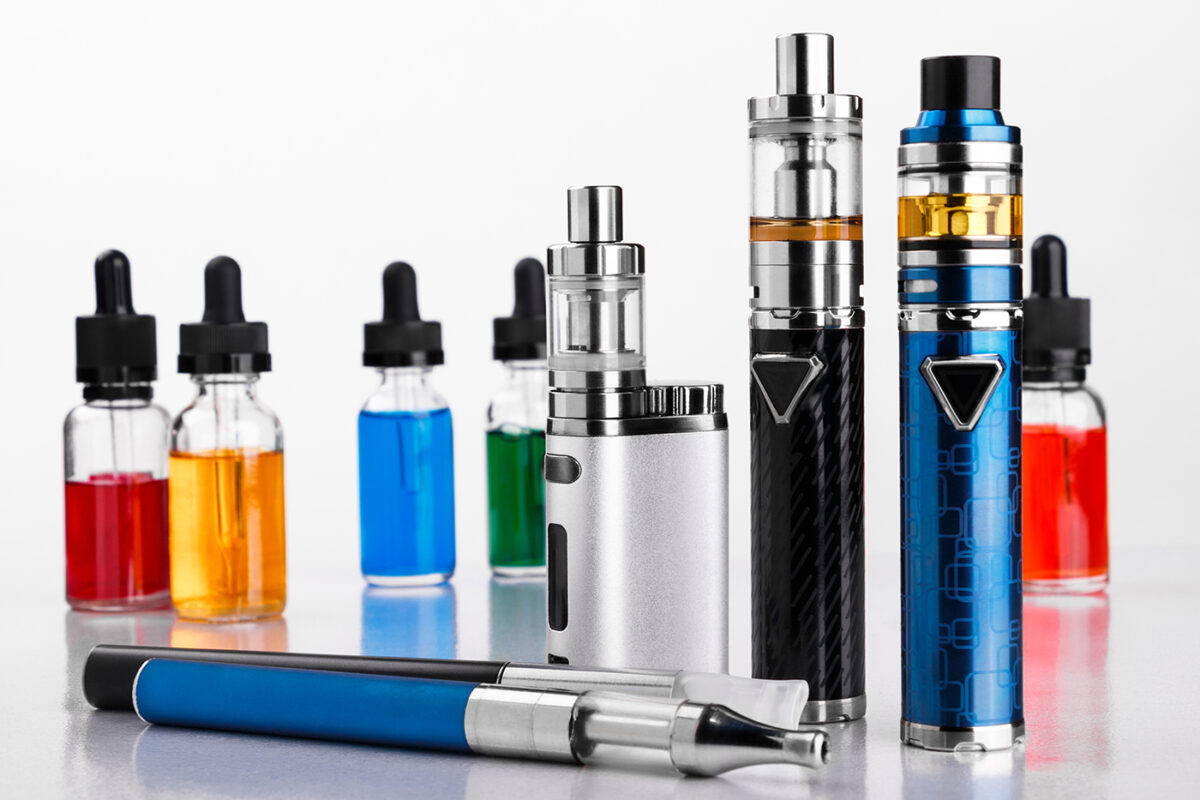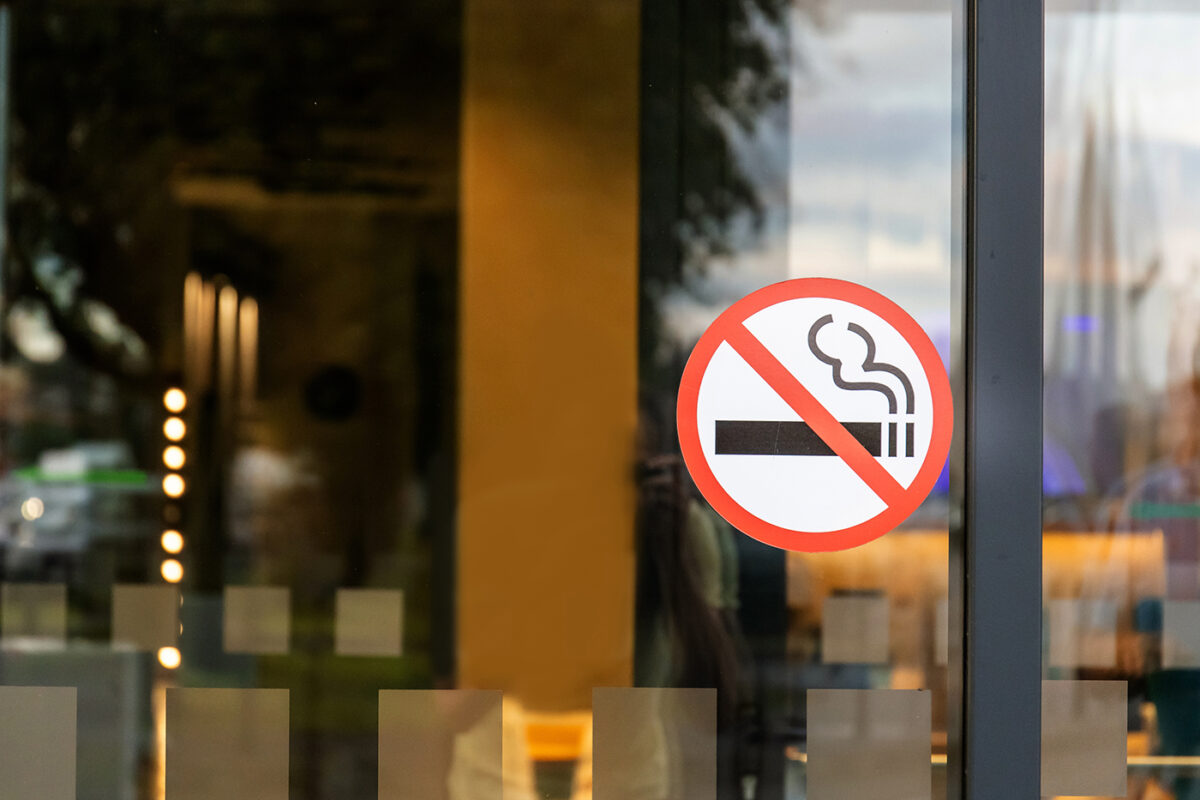
The largest U.S. maker of electronic cigarette products, Juul, announced several major changes today (Sept. 25), including:
- The resignation of CEO Kevin Burns and his replacement by K.C. Crosthwaite, chief growth officer for tobacco maker Altria.
- The suspension of all broadcast, digital, and print advertising in the U.S.
- The decision not to oppose the Trump administration’s plan to ban flavored e-cigarette products, which appeal to young people, unless the products receive approval from the Food and Drug Administration.
The shifts come as Juul faces increased regulatory scrutiny related to its marketing practices and an outbreak of illnesses and deaths possibly related to vaping. As of last week, the Centers for Disease Control was reporting 530 cases, but a higher number is expected to be released this week. Nine vaping-related deaths have been reported so far.
Juul, which is partially owned by Altria, has said it does not want young people to use e-cigarettes, but a Stanford University study published in January showed that the company has aggressively targeted young people in its marketing. The strategy has been successful: The CDC has reported that in 2018, more than 20% of American high school students were current users of e-cigarettes, meaning they reported in a survey that they had used e-cigarettes at least once in the previous 30 days. That represents a 78% increase from 2017.
In addition to the Trump administration’s action on flavored e-cigarette products, Juul is facing scrutiny on several other fronts:
The Federal Trade Commission, the Food and Drug Administration and several state attorneys general are investigating Juul’s marketing practices. Also, according to news reports, the U.S. attorney’s office in the Northern District of California is conducting a criminal investigation into whether Juul advertised its products as safer than cigarettes despite not having received a designation for its products from the FDA as “modified-risk tobacco products.” The FDA warned Juul about making such claims in a Sept. 9 letter. To date, the agency has not granted that designation to any product by any manufacturer.
See our explainer on modified-risk tobacco products here.
Meanwhile, three states have already issued limited bans on e-cigarette products:
- New York ― The state Public Health and Health Planning Council approved emergency rules proposed by the state Department of Health, at the direction of Gov. Andrew Cuomo, banning the sale of flavored e-cigarette products ― except for tobacco- or menthol-flavored products ― for 90 days, effective Sept. 17.
- Michigan ― At the direction of Gov. Gretchen Whitmer, the Michigan Department of Health and Human Services issued emergency rules banning the sale of all flavored e-cigarette products for six months, effective Sept.
- Massachusetts ― Charlie Baker declared a public health emergency on Tuesday, Sept. 24, and ordered a four-month ban, effective immediately, on the sale of all e-cigarette products, flavored or not.
In Arkansas, the General Assembly passed legislation during the 2019 legislative session to phase in an increase in the minimum age to purchase tobacco products from 18 to 21. However, the new law also pre-empts local governments from regulating the sale, distribution, and manufacture of tobacco products.
During the interim between sessions, the House and Senate Public Health, Welfare, and Labor committees have been hearing testimony on vaping from health experts, including ACHI President and CEO Dr. Joe Thompson. See a round-up of news coverage here.
Senate President Pro Tem Jim Hendren has drafted a bill that would tax e-cigarettes at the same level as cigarettes; make e-cigarettes subject to the Arkansas Clean Indoor Air Act, which prohibits indoor smoking in most public places; and make it a Class A misdemeanor to distribute or advertise e-cigarettes to minors, among other restrictions. Hendren has said he would like to see his bill considered in a special session, but it may not see legislative deliberation until the 2021 regular session.






